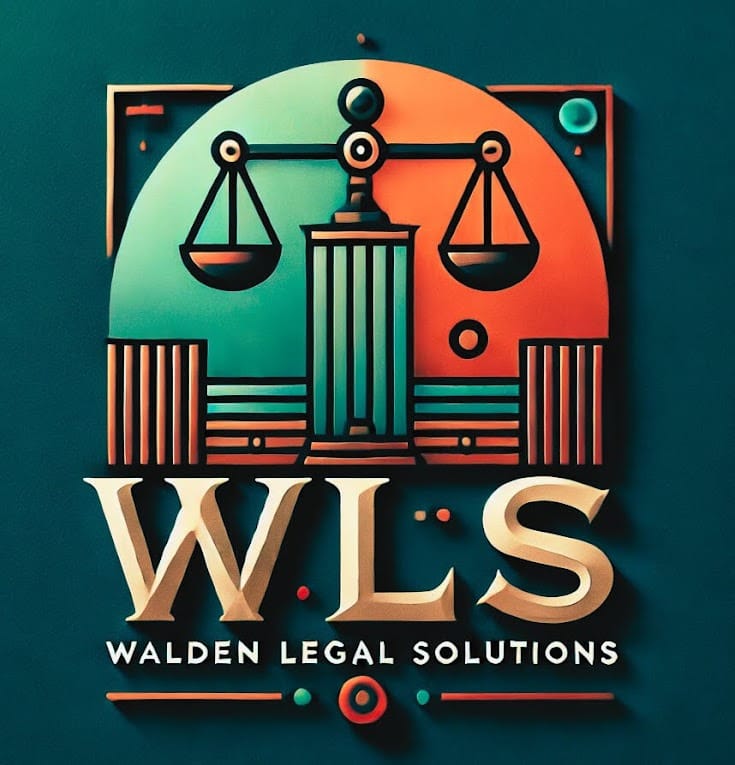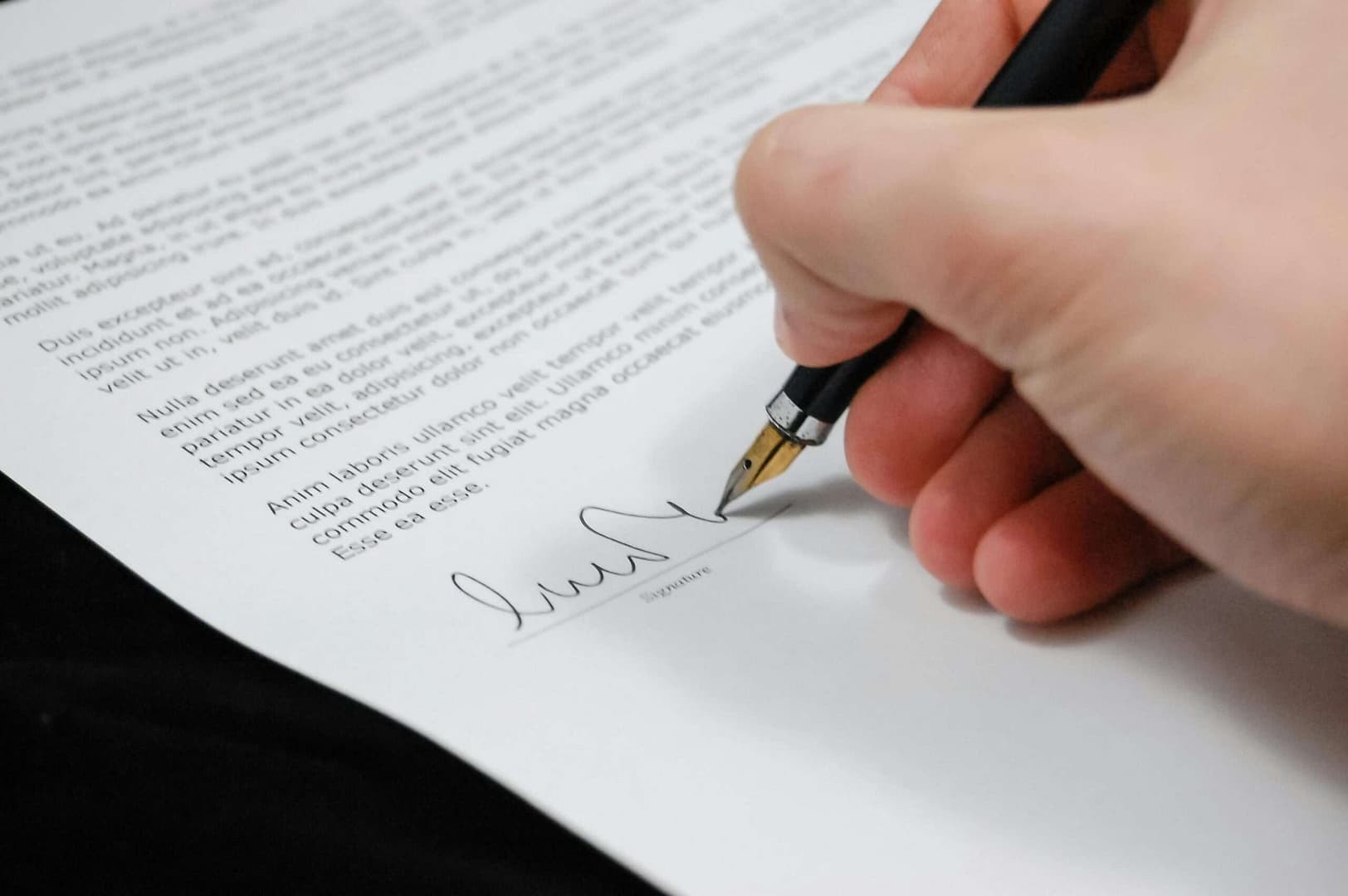Understanding Reaffirmation Agreements in Chapter 7 Bankruptcy
Considering Chapter 13 Bankruptcy?
You can skip this post! Reaffirmation agreements only apply to Chapter 7 bankruptcy cases.
What is a Reaffirmation Agreement?
A reaffirmation agreement is a new contract between you and a creditor. By signing it, you agree to continue paying off a specific debt, even after your bankruptcy case ends. This agreement is typically used for secured debts like car loans. It is used when you want to keep the property tied to the loan.
However, if you fail to pay the reaffirmed debt, the creditor can take legal action. They may repossess the property or sue you for any remaining balance.
Where Does a Reaffirmation Agreement Come From?
Creditors with secured loans, such as car lenders or credit unions, may prepare a reaffirmation agreement. They send it to your attorney for review. Common creditors include:
- Car loan lenders (e.g., Ford Motor Credit)
- Credit unions
- Retail lenders like Nebraska Furniture Mart
Who Doesn’t Send Reaffirmation Agreements?
- Unsecured creditors: They have no property to reclaim, so they don’t benefit from these agreements.
- Mortgage companies: Most mortgage lenders don’t request reaffirmation agreements. It’s standard practice in the industry not to reaffirm mortgages during bankruptcy.
When Should You Sign a Reaffirmation Agreement?
You should only sign a reaffirmation agreement if you are 100% sure you can pay off the debt in full. Remember:
- If you default on the new agreement, the creditor can repossess the property and sue you for any remaining balance.
- For car loans, missing payments could result in repossession, even if you were current before bankruptcy.
What Happens If You Don’t Sign?
- Mortgages: You can keep making payments as usual. However, these payments won’t appear on your credit report. If you want to refinance in the future, you may need to work with a new lender.
- Vehicles: Some lenders, like Ford Motor Credit, may repossess a car. This could happen even if you’re current on payments. They may proceed if you didn’t sign a reaffirmation agreement. Other lenders may not take this step, but the risk exists.
The Process for Signing a Reaffirmation Agreement
Here’s how it works:
- Before Discharge: You must file the reaffirmation agreement with the court before your bankruptcy discharge. This is usually 60 days after your 341 meeting.
- Review and Sign: Review the agreement with your attorney and sign it if you’re confident you can pay.
- Court Approval: If your budget shows you can’t afford the payments, the court may require a hearing. The purpose of the hearing is to ensure you understand the risks.
- Cancellation Option: You can cancel the agreement within 60 days of filing or before your discharge—whichever is longer. Notify your attorney immediately if you want to revoke it.
Key Takeaways:
- Reaffirmation agreements only apply to Chapter 7 bankruptcy cases.
- This is a new contract between you and the creditor.
- Mortgages are rarely reaffirmed. If you don’t reaffirm your mortgage:
- Payments won’t appear on your credit report.
- Refinancing may require a new lender.
- You can self-report payment history through credit agencies.
- Only sign a reaffirmation agreement if you are confident you can pay the debt in full.
If you have questions about reaffirmation agreements, reach out to Walden Legal Solutions. If you need help deciding whether to sign one, contact them online today.
Reaffirmation agreements are an important part of Chapter 7 bankruptcy for those with secured property. Understanding when to sign and the risks involved can help you make the best decision for your financial future.
Connect with us online for a stress-free legal experience!



